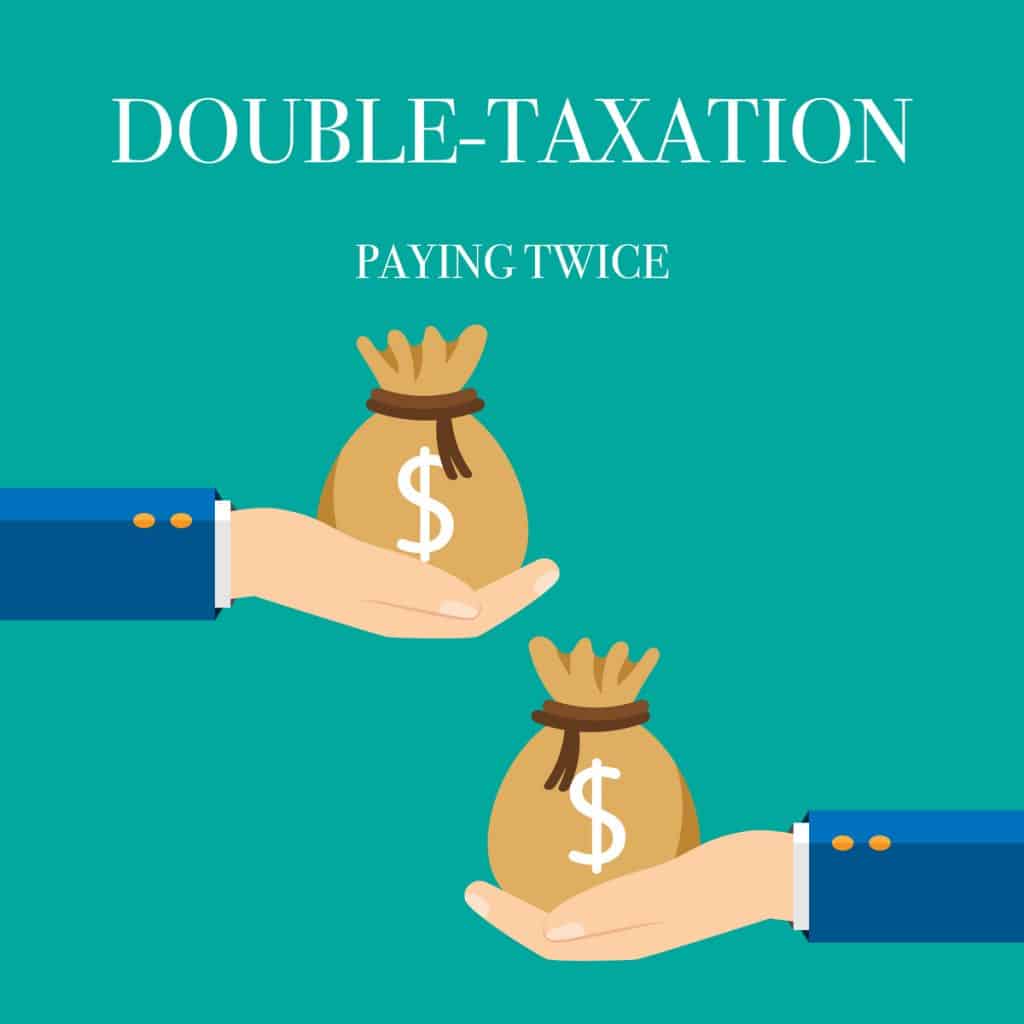
Many expats are never told about Double Taxation Treaties as part of Expat Financial Advice that they receive. Why not?
Because it is easier to suggest there is a problem that can only be solved by taking out a new investment product, or transfer a UK pension to avoid tax. Is this true?
What are Double Taxation Treaties?
Let’s refer to HMRC’s definition
Double taxation treaties are agreements between 2 states which are designed to:
- protect against the risk of double taxation where the same income is taxable in 2 states
- provide certainty of treatment for cross-border trade and investment
- prevent excessive foreign taxation and other forms of discrimination against UK business interests abroad
Pensions and Double Taxation Treaties
Despite what many offshore adviser websites might claim, moving a pension does not mean that income tax will somehow be avoided, reduced or eliminated. The taxation of the income is determined not by the pension product but the residency of the investor, the jurisdiction of the pension and the relevant double tax treaties between both of them.
Is your tax free lump sum actually tax free?
It is worth pointing out that so-called ‘tax free lump sum’ may actually be taxable in many countries, whether or not the pension is transferred offshore.
In other words, large numbers of expats have been advised to transfer to QROPS for entirely spurious tax reasons.
UK Pensions and Double Taxation Treaties
If the Double Taxation Treaty allows, between your place of residence and the UK, then you may well be able to get the income paid from your pension free from UK tax. There is no need to transfer the pension at all. Furthermore, the UK has more double taxation treaties than the usual QROPS countries.
The tax treaties between the UK and other countries can be found here
Next Steps
There is a straightforward procedure that will allow you to get your private or company pension paid gross in the UK. (Civil Service pensions, not including NHS pensions, will always be taxed in the UK however)
Arrange for your company scheme to start paying the pension or, if you have a private pension, look to take a minimal amount of income. The pension company will contact HMRC with a tax code – there may be a tax deduction at this point.
Go to this link and download the application for relief at source from United Kingdom income. Make an appointment at your local tax office, who will provide confirmation that you are tax resident there.
Send the forms to HMRC. HMRC will issue an NT code to the pension provider. The pension will be paid gross and any initial tax taken will be rebated.
Article Date 20th November 2020
The views expressed in this article are not to be construed as personal advice. You should contact a qualified and ideally regulated adviser in order to obtain up to date personal advice with regard to your own personal circumstances. If you do not then you are acting under your own authority and deemed “execution only”. The author does not except any liability for people acting without personalised advice, who base a decision on views expressed in this generic article. Where this article is dated then it is based on legislation as of the date. Legislation changes but articles are rarely updated, although sometimes a new article is written; so, please check for later articles or changes in legislation on official government websites, as this article should not be relied on in isolation.
Related Stories:
- Avoiding Unnecessary Tax On Pension Income | Pensions Guidance
- A QROPS Helps Save Tax
- How an expat has their UK pension taxed
- UK Pension Transfers In Germany
- 10 Reasons to use a QROPS – the facts and the myths – 45 % UK pension tax (2)
Share this story


